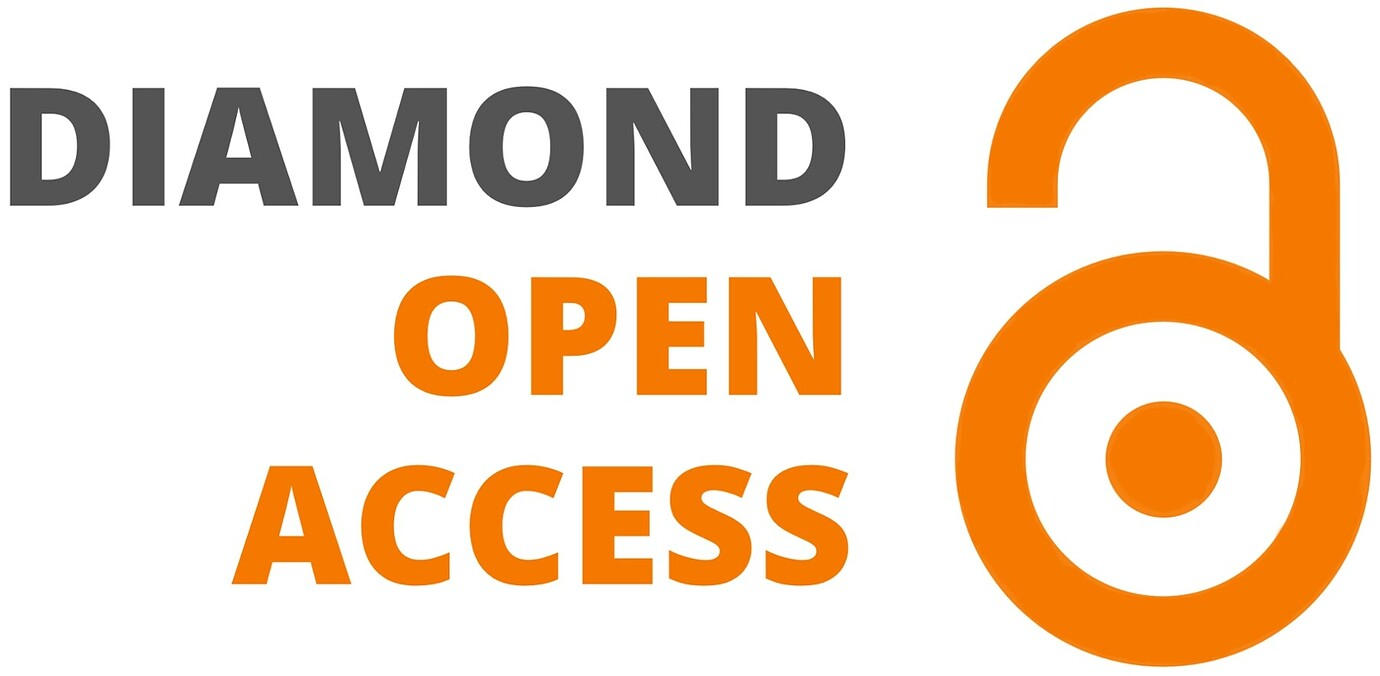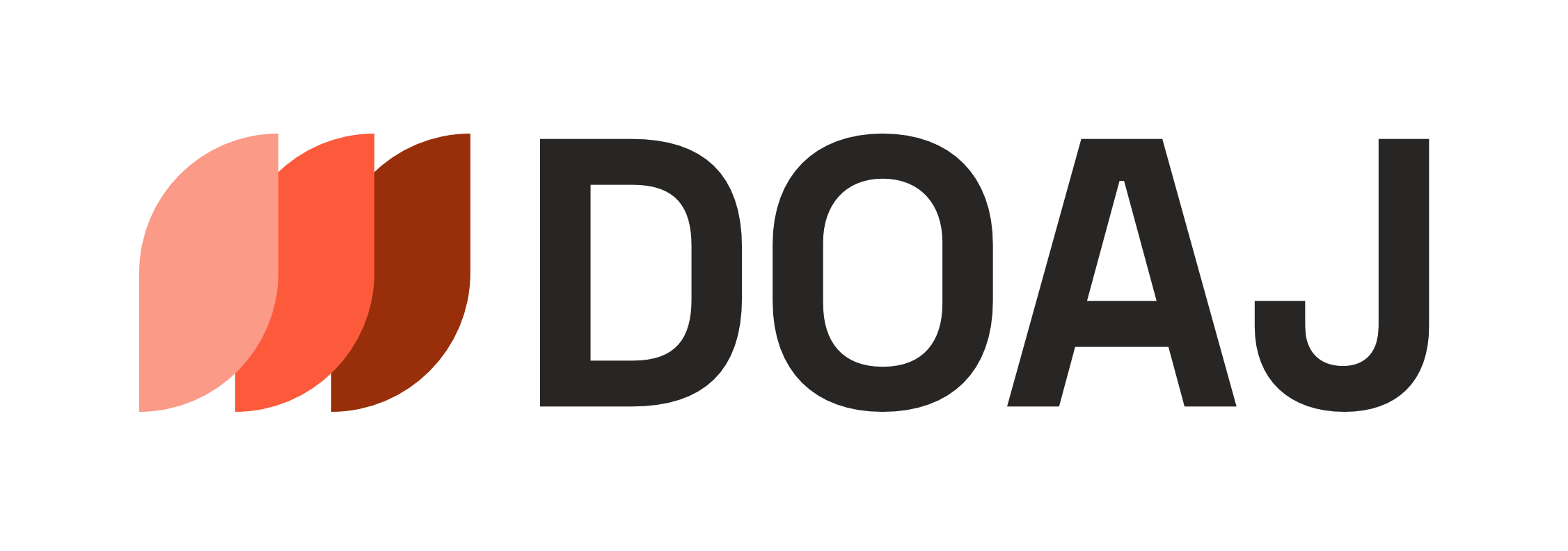Reading committee
Reading Comitee
- Allali André, Orthophoniste libéral, France
- Arheix-Parras Sophie, Post doctorante, University of South Carolina, Etats-Unis
- Aumont Boucand Véronique, Orthophoniste indépendante, France
- Barilaro Mélanie, Université Concordia, Canada
- Basaglia-Pappas Sandrine, Enseignante suppléante – chercheure, Belgique - France
- Bello Arianna, Dipartimento di Scienze della Formazione, Università Roma Tre, Italia
- Berard Pierre-Alexandre, Orthophoniste, France
- Borel Stéphanie, Sorbonne Université / DUEFO / Institut du Cerveau / APHP, France
- Boucher Sophie, CHU Angers, France
- Bouvier Liziane, Professeure, School of Communication Sciences and Disorders, Université McGill, Canada
- Canault Mélanie, UCBL - Laboratoire DDL, France
- Champagne-Lavau, Maud, CNRS, Aix-Marseille Université, France
- Cathiard Marie-Agnès, MCF-HDR en Sciences du Langage Université Grenoble Alpes, France
- Charuau Delphine, chercheuse, Irlande
- Chenu Florence, Laboratoire Dynamique du Langage (UMR CNRS & Université Lumière Lyon 2), France
- Chesneau Sophie, Université du Québec à Trois-Rivières, Canada
- Colin Cécile, Université libre de Bruxelles, Belgique
- De Chassey Juliette, Orthophoniste indépendante, France
- De Lamaze Aude, Orthophoniste salariée, France
- Devevey Alain, Maître de Conférences-HDR en Sciences du Langage - Université de Franche-Comté - ELLIADD EA 4661 – Orthophoniste, France
- De Weck Geneviève, professeure émérite de logopédie, Université de Neuchâtel, Suisse
- Dodane Christelle, Professeur, Université Sorbonne Nouvelle, France
- Dos Santos Christophe, Université Lumière Lyon 2, France
- Durand Edith, Université du Québec à Trois-Rivières, Québec, Canada
- Ecalle Jean, Professeur emérite, Laboratoire EMC Lyon 2, France
- El Kouba Edith, Université de Liège, Belgique
- Ernst Emilie, orthophoniste indépendante + Assistance Publique des Hôpitaux de Paris, France
- Ferré Perrine, Université McGill, Canada
- Fontaa Claire, Laboratoire de Psychologie des Cognitions, Université de Strasbourg, France
- Fromage Benoît, Psychologue et Pr de Psychologie, Université d'Angers, France
- Galant Camille, Services ORL et MPR Assistance Publique - Hôpitaux de Marseille, France
- Gardes Marie-Line, Haute Ecole Pédagogique du Canton de Vaud, Suisse
- Gatignol Peggy, Professeur des universités, France
- Gobet Stéphanie, Université de Poitiers – MCF, France
- Grosmaitre Catherine, Neuropsychologue, CRTLA, Hôpital Necker, France
- Guilhot Nicolas, Ifross, Université Lyon 3, France
- Hadjadj Olivia, Université de Genève, Suisse
- Hilaire-Debove Géraldine, Orthophoniste indépendante, France
- Hirsch Fabrice , UMR PRAXILING, France
- Joly-Froment Sophie, Orthophoniste indépendante + doctorante psychologie cognitive LPC Strasbourg, France
- Joyeux Nathaly, Orthophoniste indépendante, France
- Julien Marie, Chargée de cours, Université de Montréal, Canada
- Kerlan Mireille, Orthophoniste indépendante, France
- Kern Sophie, CNRS, France
- Lafay Anne, Maitresse de conférences universitaire, Université Savoie Mont Blanc, Laboratoire de Psychologie et neurocognition / orthophoniste, France
- Laloi Aude, Sorbonne Université - Pitié-Salpétrière, France
- Lartot-Pierquin Valérie, Orthophoniste indépendante, France
- Leloup Gilles, Nice Côte d'Azur - Laboratoire CoBTek, France
- Lerond Didier, Orthophoniste indépendant, France
- Machart Laura, Inserm, UMR 1101 & Univ Bretagne Occidentale, Brest, France
- Maeder Christine, Retraitée, France
- Magnan Annie, Professeur des Universités, France
- Maillart Christelle, Université de Liège, Belgique
- Martel-Sauvageau Vincent, Université Laval, école des sciences de la réadaptation, Canada
- Meloni Genevieve, Associée de recherche, Université McGill, Canada
- Michalon Sonia, Mixte, orthophoniste indépendante et hospitalière, ile de la Réunion, France
- Moitel Messarra Camille, Université Saint Joseph de Beyrouth, Liban
- Nespoulous Jean-Luc, Professeur des Universités Emérite, France
- Noël Audrey, Université de La Réunion, France
- Pasquet Frédéric, Université de Rouen Normandie, France
- Pernon Michaela, 1. Hôpital Fondation Adolphe de Rothschild, Paris ; 2. Laboratoire de Phonétique et Phonologie, CNRS & Université Sorbonne Nouvelle, Paris, France
- Perrone-Bertolotti Marcela, Univ. Grenoble Alpes, Univ. Savoie Mont Blanc, CNRS, LPNC, Grenoble, France
- Petit Nicolas, Le Vinatier Psychiatrie Universitaire Lyon Métropole, France
- Pillot-Loiseau Claire, Orthophoniste et Professeure des Universités en Phonétique, France
- Piquard-Kipffer Agnès, INSEI Institut National Supérieur de formation et de recherche pour l'École Inclusive (ex-INSHEA), France
- Roch Didier, Orthophoniste, Centre Franchemont Val de Marne, France
- Rochet-Capellan Amélie, CNRS, Grenoble, France
- Rousseau Thierry, Orthophoniste retraité, France
- Sabadell Véronique, Assistance publique Hôpitaux de Marseille, France
- Serrano Florence, Université Lumière Lyon 2, France
- Sicard-Menin Anne, Orthophoniste au Bon Sauveur d'Alby, unité TND, France
- Thibault Marie-Pierre, Université, France
- Touzin Monique, Orthophoniste retraitée du salariat, France
- Valdois Sylviane, CNRS, France
- Van Bogaert Lucie, Université Grenoble Alpes, France
- Weill-Chounlamountry, Agnès, APHP MPR, France
- Witko Agnès, UCBL - Laboratoire DDL, France
- Woollven Marianne, Université Clermont-Auvergne, France
January 2026
Expectations of reviewers
- Provide a constructive and objective assessment of an article,
- Evaluate the rigor and value of the contribution for the community of speech-language pathology clinicians and researchers,
- Respect the agenda and deadlines of the evaluation procedure
Evaluation conditions
Articles are double-blind evaluated by two reviewers chosen from the reading committee, according to the traditional qualitative criteria of scientific publication.
The choice of reviewers is based on their status as clinicians or researchers, and on their field of expertise, with regard to the reviewers' work and publications. Assigning reviewers depends on their availability. Their evaluation work is voluntary, based on a commitment bound by their professional activity.
The two reviewers have an average of 4 to 6 weeks to fill in 2 grids: one for the author and one for the editor.
The average length of the evaluation process is usually based on two cycles, sometimes three.
Depending on the opinions of these two evaluators, the article will be rejected or revised by the author to respond to minor or major modifications.
A cycle is defined by the feedback loop between the reviewer's assessment and the author's response, in the form of a revised version of the article incorporating changes to the initial text in highlighted text, and an explanatory letter addressed to the reviewers.
A continuous enrichment of the reading committee is foreseen according to the themes of the articles submitted.
If you would like to join the reading committee, please see our flyer “Be a reviewer for Glossa”.
(February 2024)




